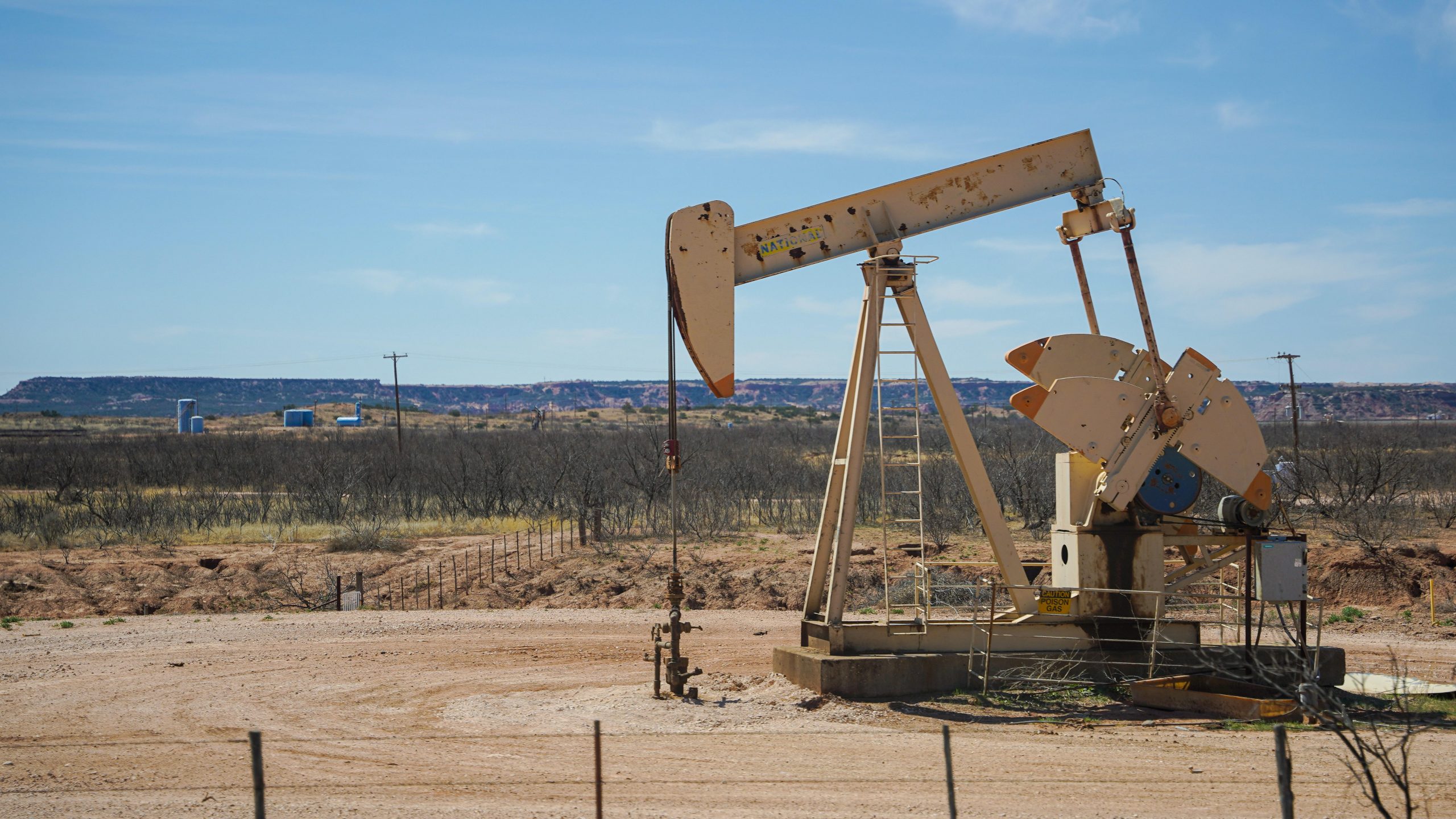Fossil-Fueled Fictions: Coal, Oil, and the Making of American Literary Modernity (1900-1950)
Megan Cole
English
UC Irvine
Though modernity was built upon a foundation of fossil fuels, literary critics have long assumed that early-twentieth-century novelists were oblivious to the dire environmental, economic, and social ramifications of nonrenewable energy usage. Existing scholarship maintains that fossil fuels and their byproducts signified progress and exhilaration to modernist-era novelists, who could never have connected the proliferation of coal and oil to the environmental degradation and climate collapse they would eventuate. However, by combining archival research with examinations of novels by Zora Neale Hurston, Sinclair Lewis, Ralph Ellison, and their contemporaries, my dissertation demonstrates that decades before “climate change” formally entered the lexicon, modernist-era novelists indeed anticipated the catastrophic socio-ecological impacts of fossil fuel consumption—and in many cases, presciently contributed to contemporary discourses around environmental and energy justice. By focusing on early-twentieth-century literature produced by Black, Indigenous, working-class, and women-identifying authors, I further contend that experiences of “petro-modernity” varied widely across identity categories. Far from absent across modernist-era American literature, I argue, fossil fuels imbued the literature of modernity with the “Anthropocene affects” of foreboding, frustration, and complicated hope.

